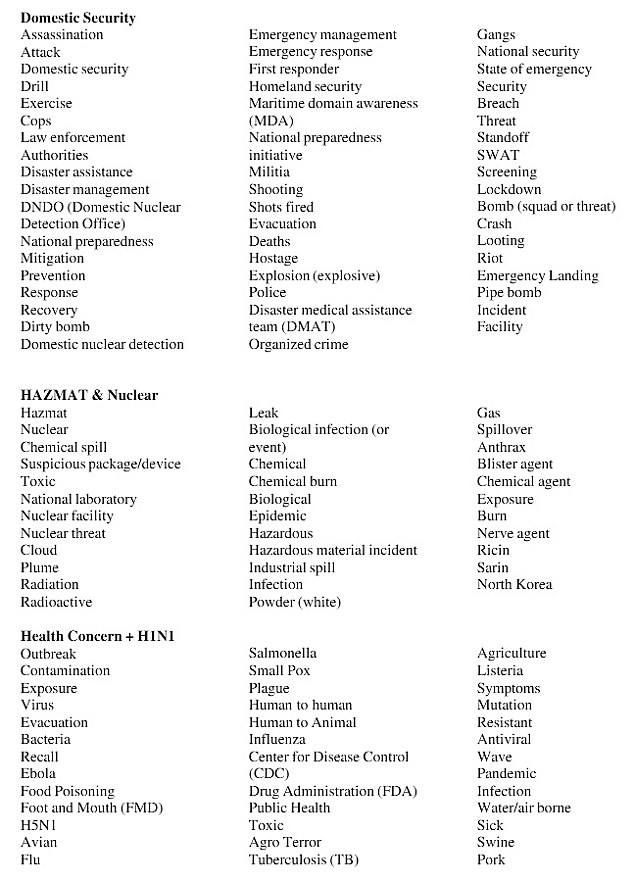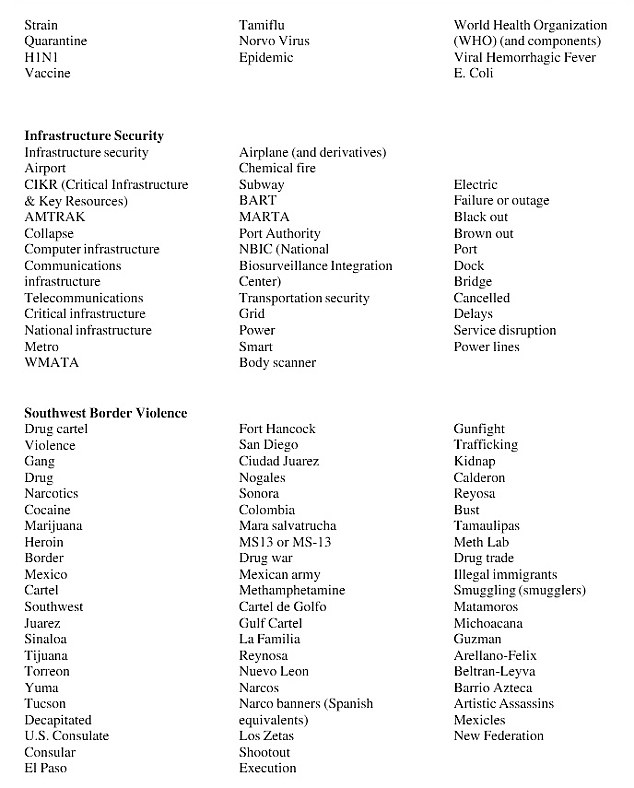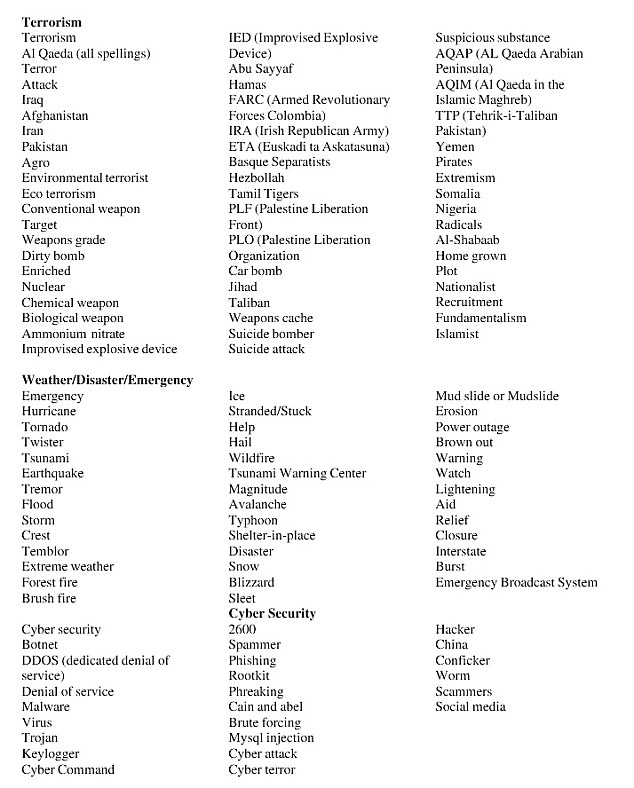The Washington Post reported on Tuesday that “more than half of the nation’s state attorneys general” have signed on to and are preparing an antitrust investigation against digital titan Google, with the paper writing the inquiry is “scheduled to be announced next week, marking a major escalation in U.S. regulators’ efforts to probe Silicon Valley’s largest companies.”
Details of the investigation remain hazy, but the Post reported that the effort is “expected” to be bipartisan and could involve over 30 state attorneys general. The states’ investigation is as of yet separate from another antitrust review currently being conducted by the Department of Justice, and it comes as both Democrats on the campaign trail and the Trump administration have amped up the pressure on tech giants (albeit for entirely different reasons). The Post wrote:
A smaller group of these state officials, representing the broader coalition, is expected to unveil the investigation at a Monday news conference in Washington, according to three people familiar with the matter who spoke on the condition of anonymity because they were not authorized to discuss a law enforcement proceeding on the record, cautioning the plans could change.
It is unclear whether some or all of the attorneys general also plan to open or announce additional probes into other tech giants, including Amazon and Facebook, which have faced similar U.S. antitrust scrutiny. The states’ effort is expected to be bipartisan and could include more than 30 attorneys general, one of the people said.
While it’s “unclear” whether any DOJ officials will join the attorneys general during the expected announcement next week, the Post wrote, the agency’s antitrust chief Makan Delrahim did say in August that the DOJ was coordinating with state inquiries into possible violations of antitrust law by tech firms. The feds are currently carrying out multiple such antitrust investigations, including Federal Trade Commission probes of Facebook (separate from the paltry $5 billion fine it levied on the company earlier this year) and Amazon and a DOJ probe of Apple.
As the Post noted, the states have more limited powers at their disposal than the feds, which can break up entire firms on the grounds of anticompetition law. However, states can join with the feds in court, as they did during the antitrust investigation into Microsoft in the 1990s, as well as tangle Google up in years of legal battles. Former Maryland attorney general Doug Gansler told the paper, “If multiple states—and I mean not just Democratic attorneys general but Republican attorneys general as well—are all looking into potential antitrust violations, one of the biggest effects might be to pressure the federal government to do a deeper dive.”



